In this guest article, Ana Sampson, author of 'She is Fierce - Brave bold and beautiful poems by women' shares 5 forgotten writers that she discovered while researching her book.
---
I loved researching She Is Fierce and uncovering amazing poems by writers I hadn’t heard of before, and I hope many of these poets will be new to readers, too. Some of them were unpublished or ignored during their lifetimes, and others enjoyed success at the time but have fallen from fashion since. Here are some wonderful poems by some largely forgotten writers to seek out.
Mabel Esther Allan (1915-1998)
Although her terrible eyesight meant she hated school, Mabel decided aged eight that she wanted to be a writer and her supportive father bought her a desk and taught her to type. Her first book was published in 1945 and she went on to write about a hundred and seventy children’s books including the ‘Drina’ series of ballet stories. During World War Two she served in the Women’s Land Army in Cheshire and taught in a school for deprived children in Liverpool.
Her poem Immensity, a beautiful and evocative poem written during the Battle of Britain that explored how it felt to have a loved one in the skies.
Pauli Murray (1910-1985)
Anna Pauline Murray was an absolute warrior. She was arrested for sitting in the ‘whites-only’ section of a Virginia bus in 1940, long before the civil rights movement gained momentum, and she continued fighting for civil and women’s rights all her life, advocating intersectionality before it was a cause celebre. She faced prejudice throughout her studies because of her gender and race but eventually became California’s first black attorney general. Her 1950 book States’ Laws on Race and Colour was a key contribution to the civil rights movement and she was appointed to the Presidential Commission on the Status of Women by John F Kennedy in 1961. Pauli had a brief marriage to a man, which was annulled, and several relationships with women. She felt herself to be male (though she used the feminine pronoun), and wrestled with her gender identity all her life.
I adore her poem ‘Ruth’, which I included in She is Fierce. You can read more about her amazing achievements here.
Anna Wickham (1883-1947)
Anna Wickham moved between Australia, France and the UK – her pseudonym Wickham was inspired by a Brisbane street. Her possessive husband tried to put an end to her singing and writing career, which led to a breakdown and a brief spell in an asylum. Anna published several collections of poetry which were hugely popular especially in America, and had many literary friends including Katherine Mansfield and H.D. (with whom she may have had an affair). However, she did fall out with some of those friends: she was rumoured to have thrown poet Dylan Thomas out of her house during a snowstorm.
I love that she calls her love moderner ‘than Broadway, or an airship, or Paris lingerie’ in ‘A Poet Advises a Change of Clothes’. The images have dated, but elegantly - they’re still fabulous.
Laura Grey (1889-1914)
Laura Grey was the stage name of Joan Lavender Baillie Guthrie, an idealistic young suffragette whose suicide – by drug overdose – shocked society. Lavender, as she was known, acted on the London stage until she was arrested for window-breaking during the campaign to win votes for women. She was jailed in Holloway Prison with other suffragettes including Emily Wilding Davison, and force-fed after a hunger strike. While there, she wrote a poem To D.R. (thought to be fellow campaigner Dorothea Rock) that was published as part of an anthology called Holloway Jingles by the Women’s Social and Political Union. Lavender was released after four months but her health never recovered, and she began to rely on tranquilisers. Her mother was desperately worried about her mental state, but was unable to get Lavender the help that might have prevented her tragic suicide.
Read ‘To D.R.’ and find out more about Laura here.
Edith Södergran (1892-1923)
Edith was a Swedish-speaking Finnish poet born in St Petersburg during a wildly turbulent time for Russia. Her health was never strong, and her family faced great financial hardships, but Edith spoke several languages and published her first collection of poems aged only twenty-four. Edith’s modern style was way ahead of its time – critics trashed it, though her poetry became hugely influential after her untimely death from tuberculosis aged only thirty-one.
I can’t find my favourite translation – which is included in She is Fierce – online but here is a similar one of ‘On Foot I Wandered Through the Solar System’ and I like ‘The Stars’ too – the clanging star is a gorgeous image.
---
Read more poems and short biographies of women, from suffragettes to school girls, from spoken word superstars to civil rights activists, from aristocratic ladies to kitchen maids in Ana's book that you can buy here!
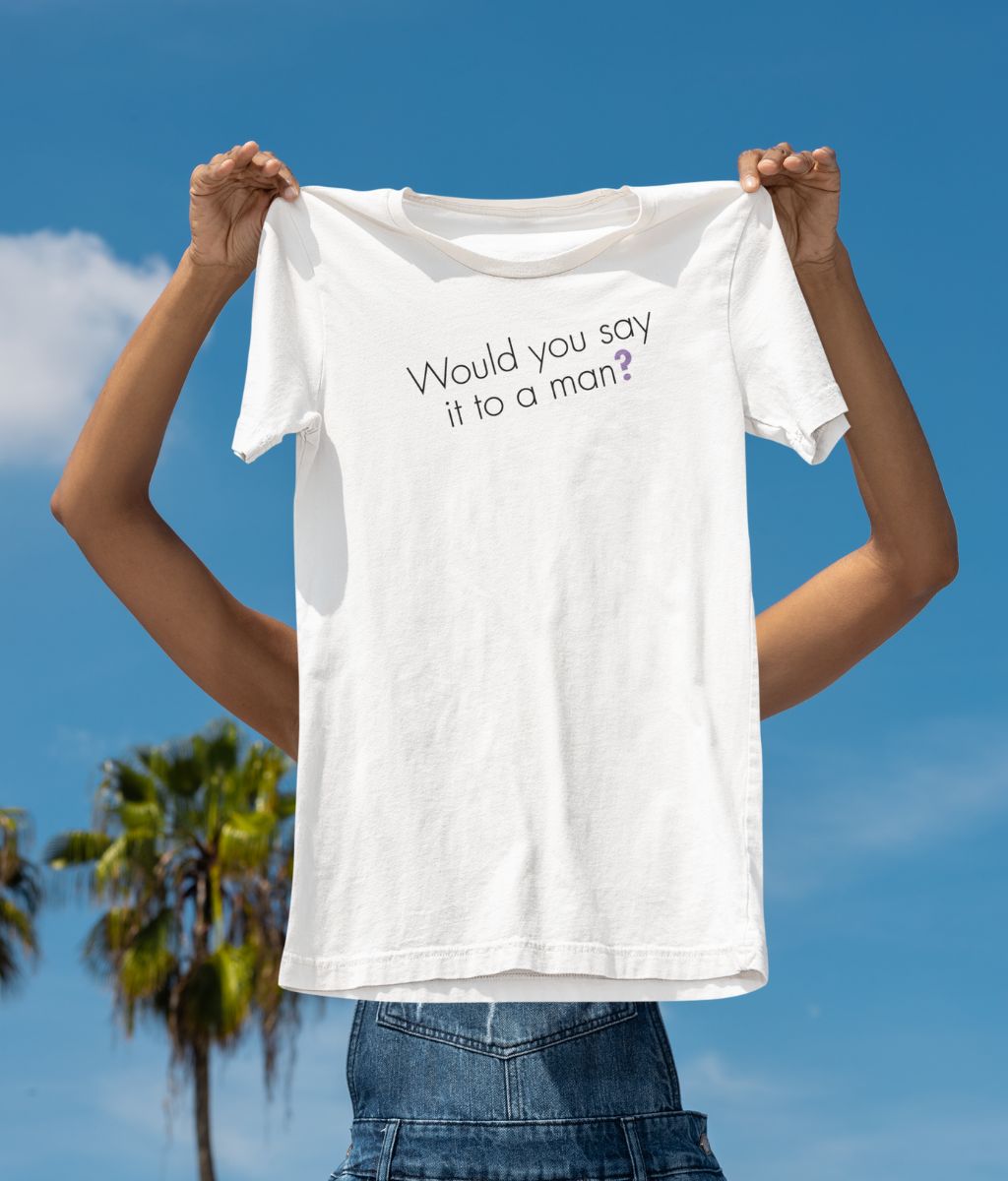
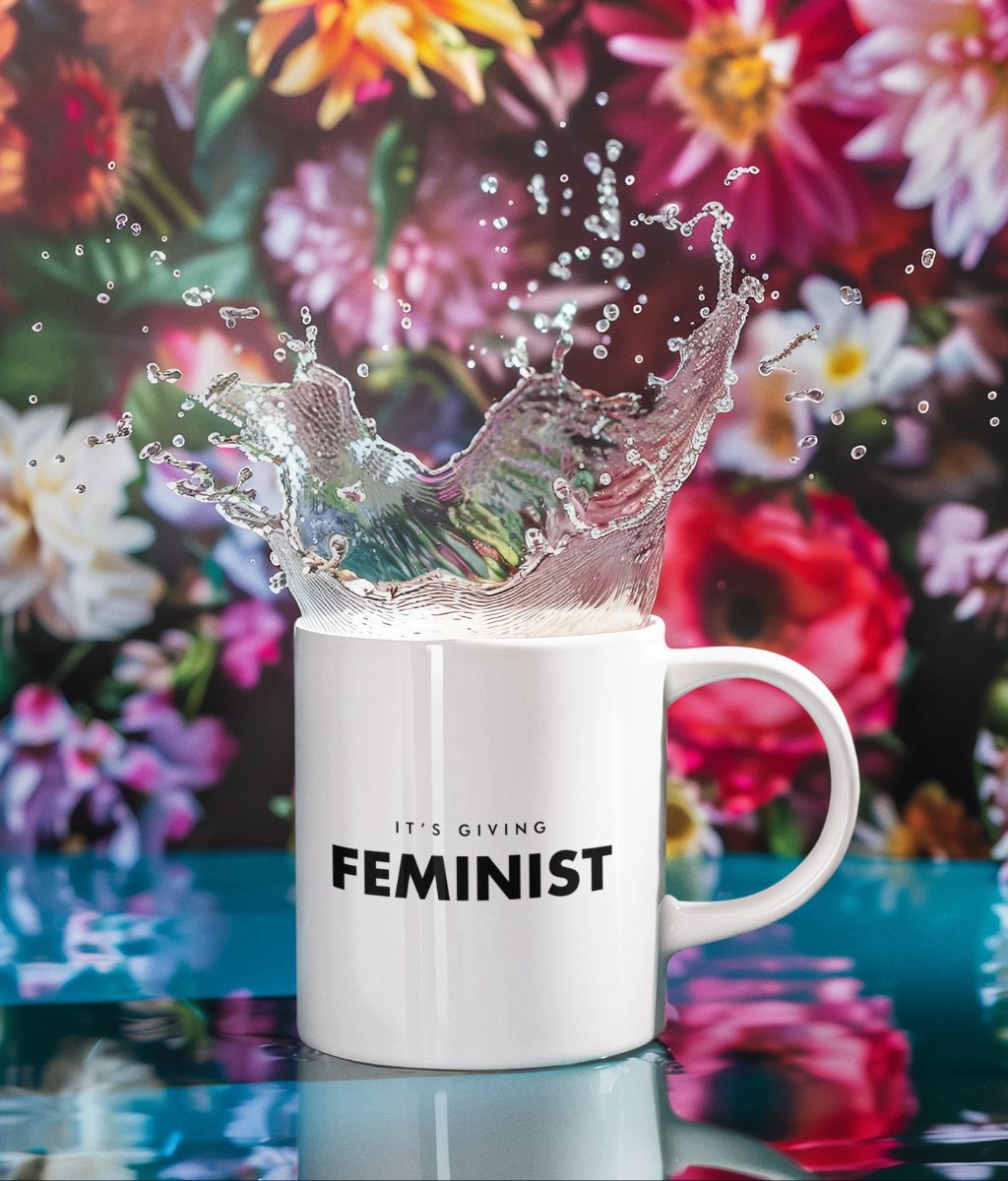

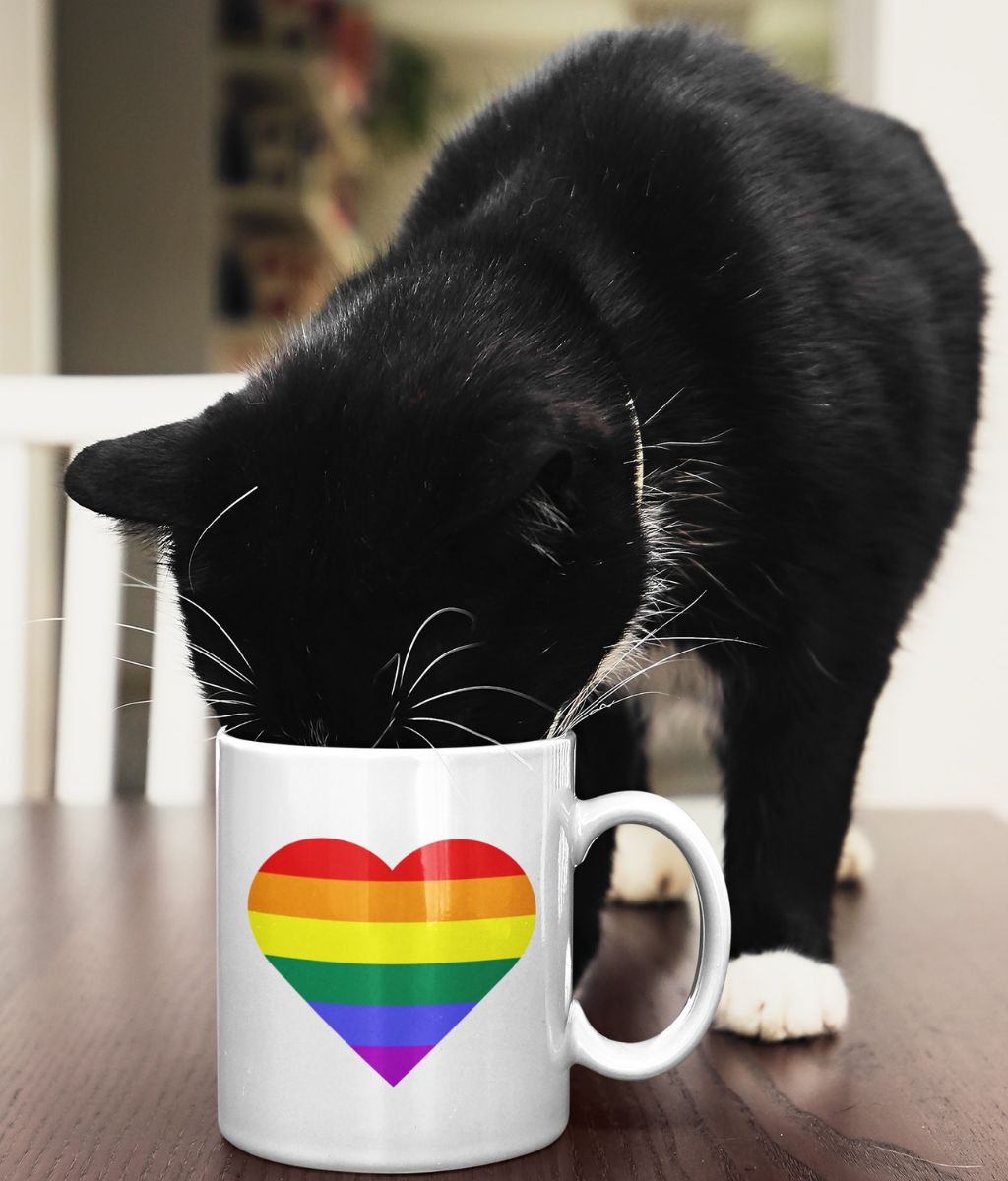

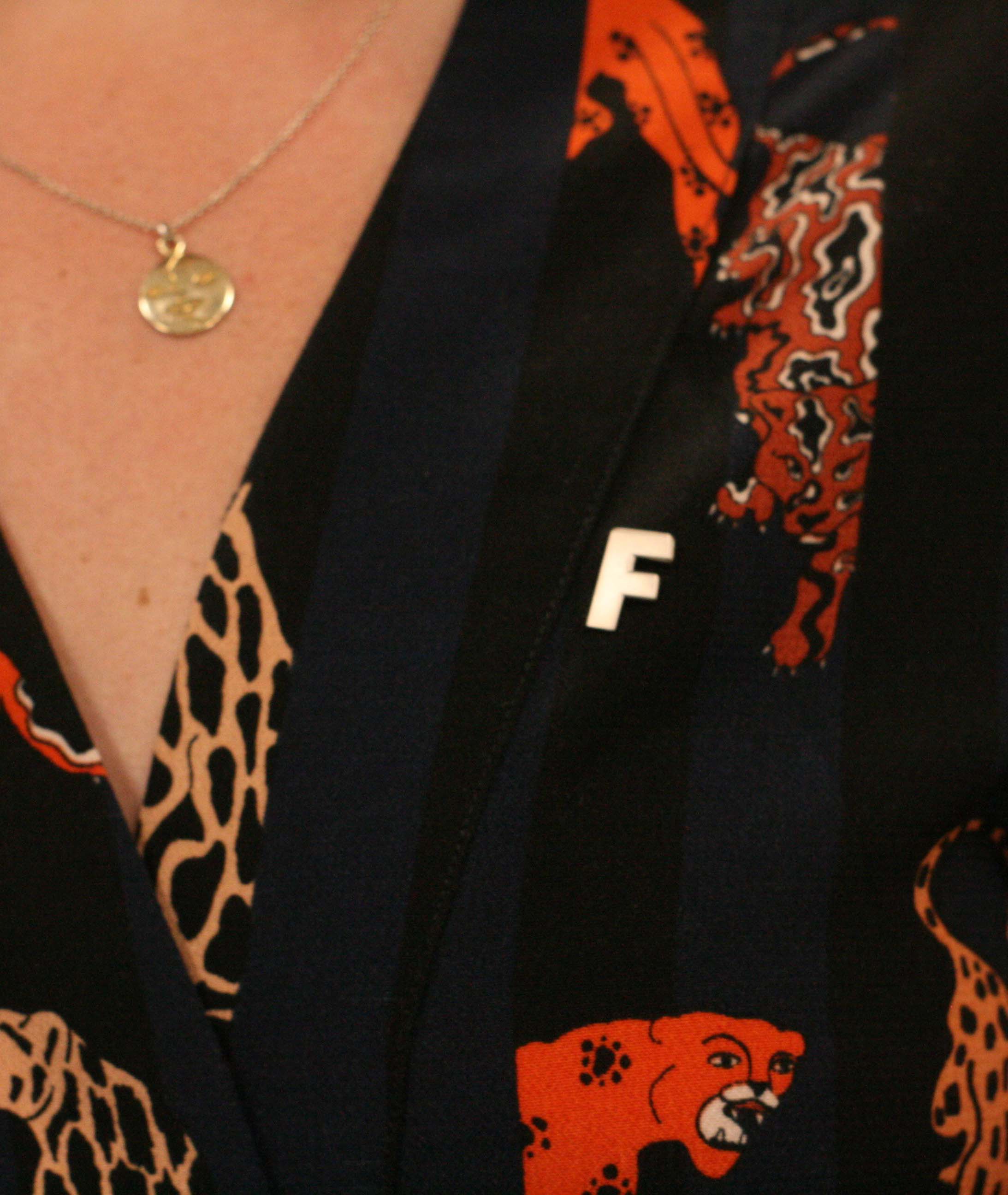
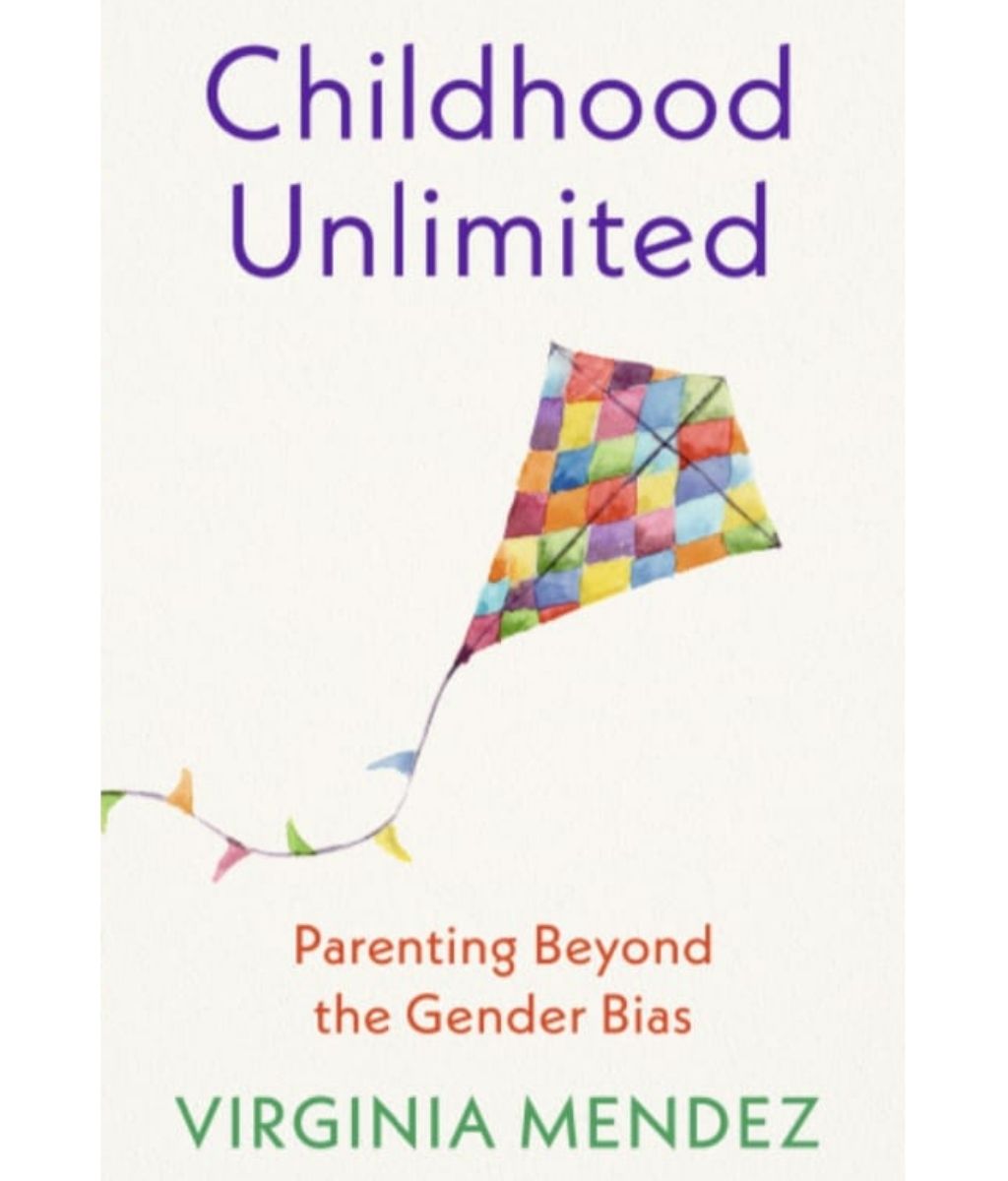


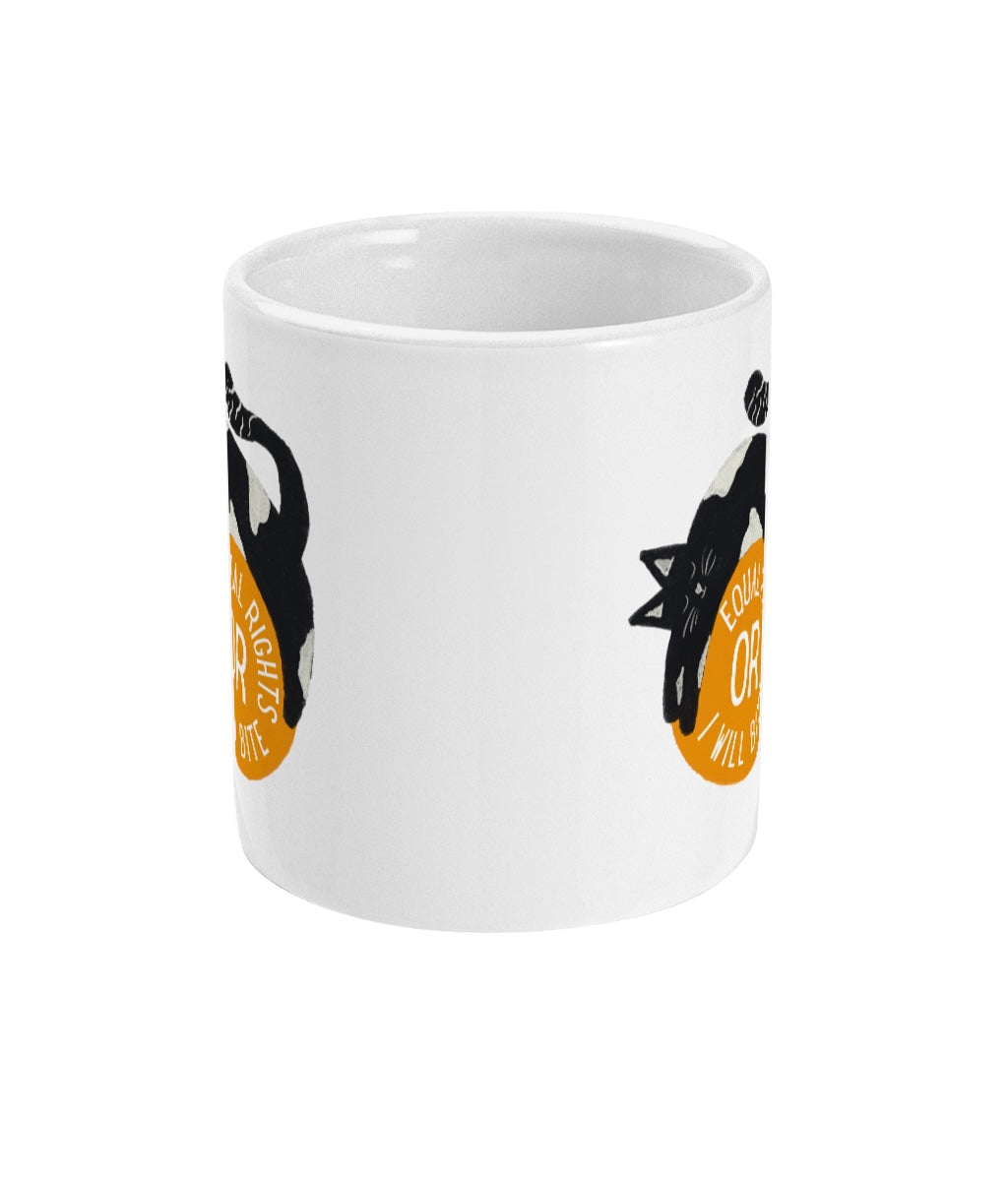
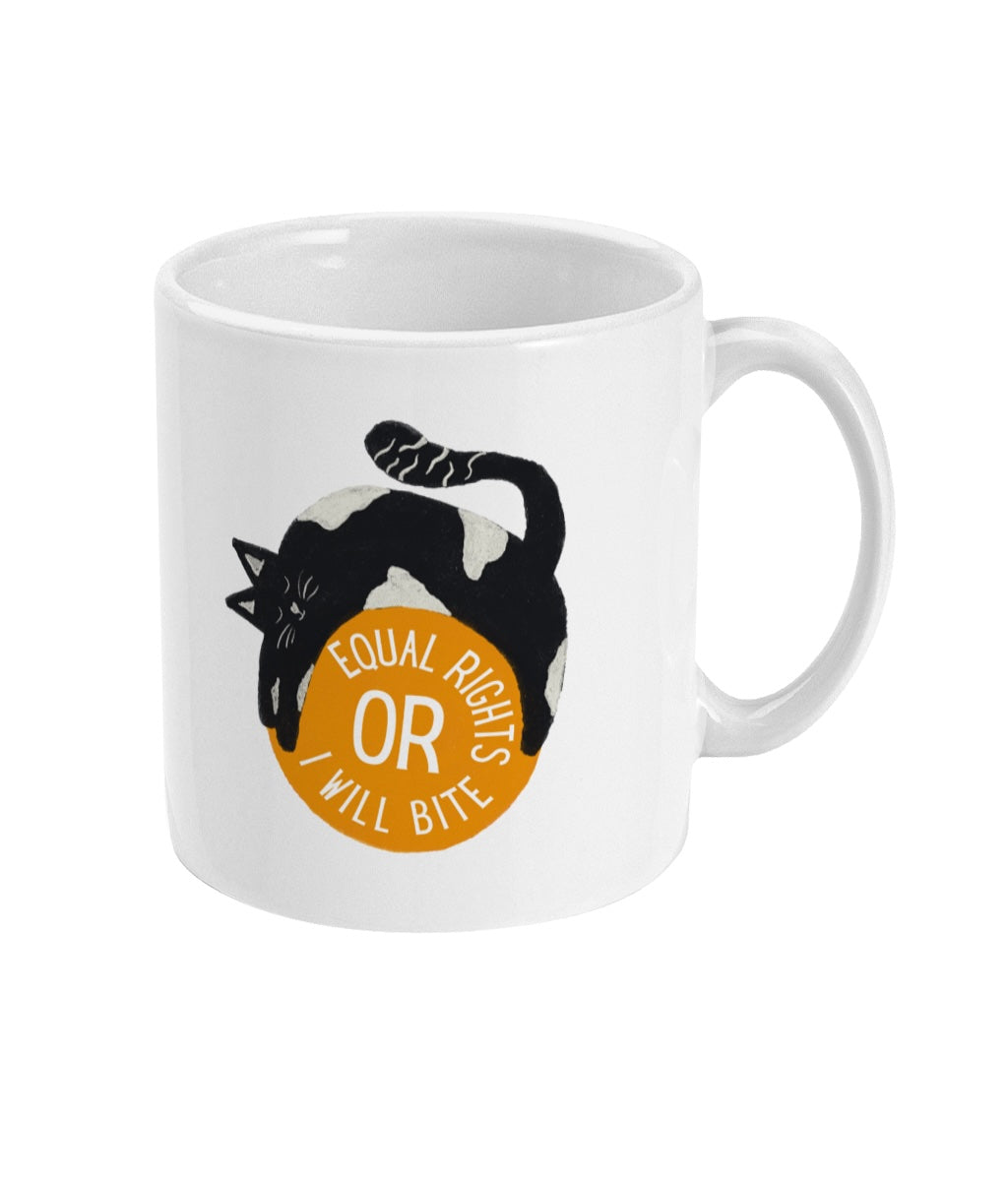
0 comments